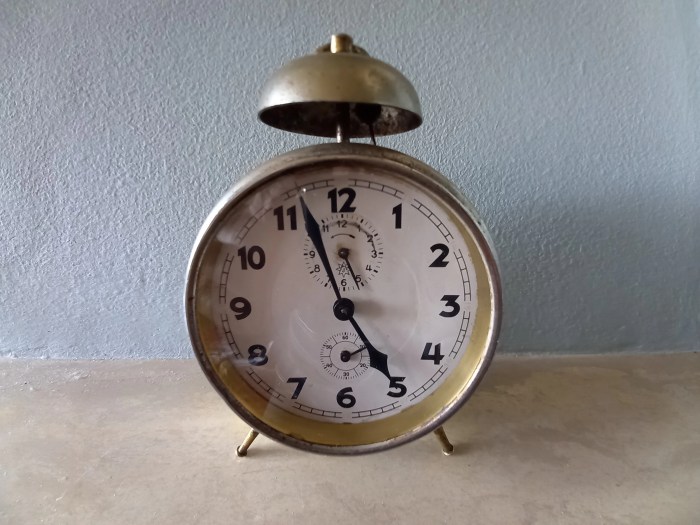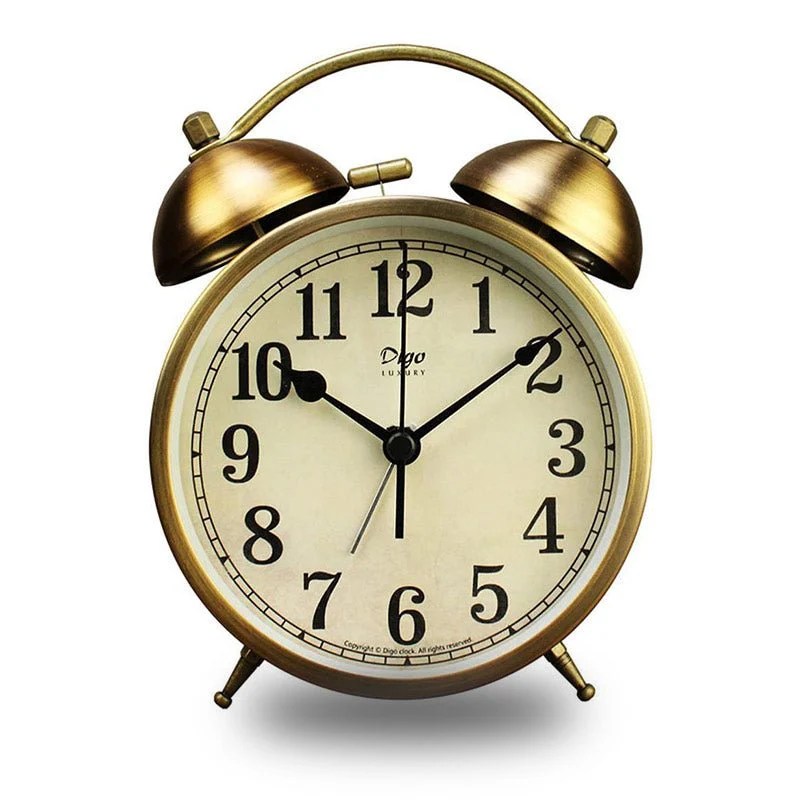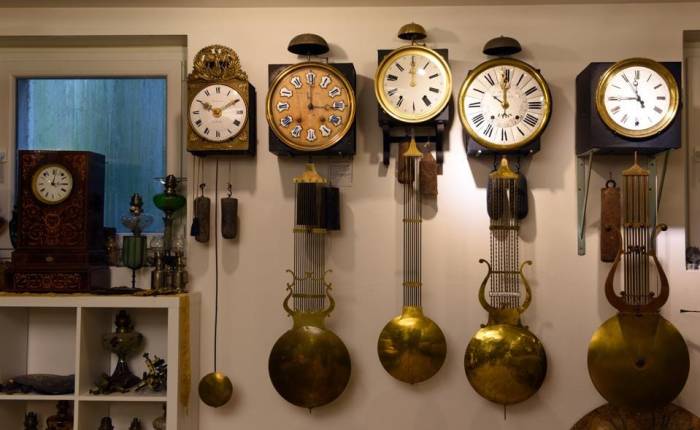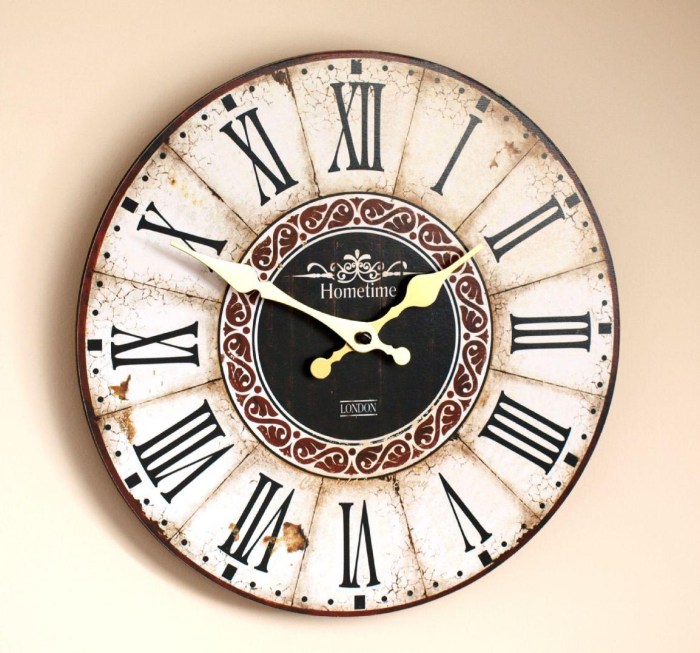Old fashioned mechanical alarm clocks were not very accurate – Old fashioned mechanical alarm clocks, once ubiquitous in households, were notoriously inaccurate. This article delves into the inherent limitations and external factors that plagued these timekeeping devices, exploring their impact on daily life and contrasting them with the precision of modern timekeeping technologies.
Old-Fashioned Mechanical Alarm Clocks: Inherent Inaccuracies: Old Fashioned Mechanical Alarm Clocks Were Not Very Accurate

Mechanical alarm clocks, once ubiquitous in households, have a long history of service. However, their accuracy has always been a subject of debate. This article delves into the inherent limitations and external factors that contribute to the imprecision of old-fashioned mechanical alarm clocks, exploring their impact on daily life and comparing them to modern timekeeping devices.
Lack of Precision in Timekeeping
Mechanical clocks rely on a series of gears and springs to measure time. These mechanisms, while ingenious, are inherently imprecise due to factors such as:
- Friction:As gears and other components interact, friction slows down the movement, leading to time loss.
- Wear and Tear:Over time, components wear down, altering their interactions and affecting accuracy.
- Temperature Fluctuations:Temperature changes can affect the elasticity of springs and the viscosity of lubricants, altering the clock’s timing.
External Factors Affecting Accuracy
Beyond inherent limitations, environmental conditions can also influence the accuracy of mechanical alarm clocks:
- Temperature Variations:Extreme heat or cold can affect the rate of timekeeping.
- Humidity:Moisture can cause corrosion and affect the movement of components.
- Vibrations:Vibrations from nearby sources can disrupt the clock’s delicate mechanism.
Comparison to Modern Timekeeping Devices
Modern timekeeping devices, such as digital and atomic clocks, offer significantly greater accuracy:
| Mechanical Alarm Clocks | Digital Clocks | Atomic Clocks | |
|---|---|---|---|
| Accuracy | +/- 10-15 minutes per day | +/- 1 second per month | +/- 1 second per 100 million years |
| Precision | Limited by mechanical tolerances | Accurate to the microsecond | Extremely precise, used as the standard for timekeeping |
| Reliability | Susceptible to wear and tear | More reliable, fewer moving parts | Highly reliable, minimal maintenance |
Impact on Daily Life
Inaccurate timekeeping can have significant consequences:
- Missed Appointments:Late wake-up calls can lead to missed appointments and disruptions to schedules.
- Disrupted Sleep Patterns:Inaccurate alarm clocks can disrupt sleep patterns by waking individuals up too early or too late.
- Other Inconveniences:Inaccurate timekeeping can cause inconvenience in various aspects of daily life, such as cooking, medication scheduling, and transportation.
Historical Context and Evolution, Old fashioned mechanical alarm clocks were not very accurate
Mechanical alarm clocks have evolved over centuries:
- Early Models:Early clocks were highly inaccurate, with errors of several hours per day.
- Balance Wheel and Escapement:The invention of the balance wheel and escapement significantly improved accuracy.
- Modern Designs:Modern mechanical alarm clocks incorporate advanced materials and designs to enhance accuracy, but still have inherent limitations.
Nostalgia and Sentimental Value
Despite their inaccuracies, old-fashioned mechanical alarm clocks hold nostalgic appeal:
- Emotional Attachment:Many individuals have fond memories and sentimental attachment to their mechanical alarm clocks.
- Decorative Value:Mechanical alarm clocks can serve as decorative pieces, adding a touch of vintage charm to any room.
- Conversation Starters:Their unique appearance and historical significance can spark conversations and foster a sense of connection.
User Queries
Why were old fashioned mechanical alarm clocks so inaccurate?
Mechanical clocks are inherently imprecise due to factors such as friction, wear and tear, and temperature fluctuations, which can affect the oscillation rate of the balance wheel.
How did external factors affect the accuracy of mechanical alarm clocks?
Environmental conditions such as temperature variations, humidity, and vibrations can influence the timekeeping mechanism, causing the clock to gain or lose time.
How do modern timekeeping devices compare to old fashioned mechanical alarm clocks in terms of accuracy?
Digital and atomic clocks far surpass mechanical clocks in precision and reliability, utilizing advanced technologies to minimize inaccuracies and provide highly accurate timekeeping.


